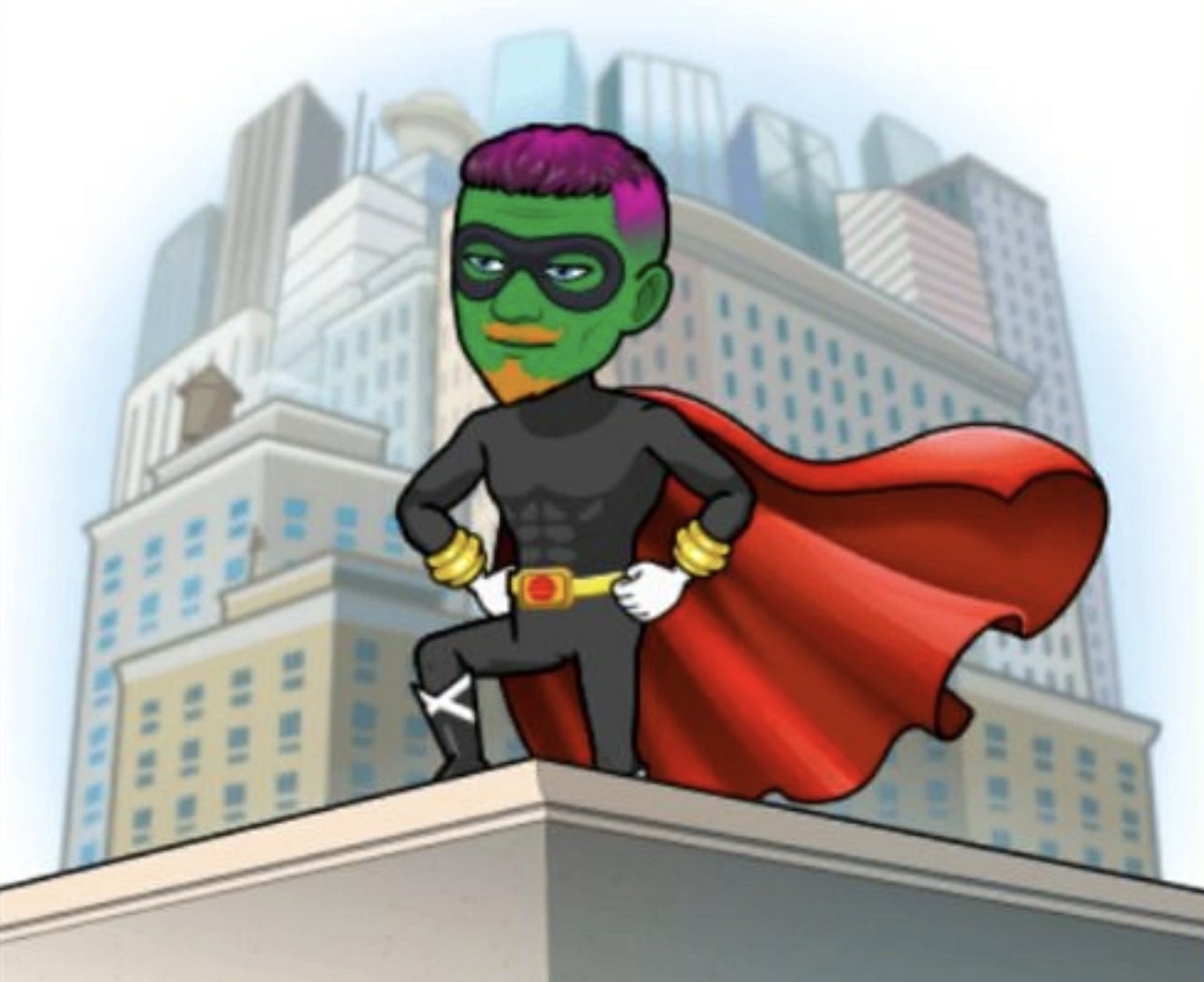
Several articles on books these past couple of months mentioned that sales of pandemic and virus-related books, both fiction and nonfiction are up. People are reading about past epidemics as well as fictional ones. After seeing a list of recommended pandemic fiction reads, I decided to dive into several of these plague-ridden dystopian fictional worlds. Here are my thoughts on one of these pandemic-themed books.
Zone One, by Colson Whitehead, is a zombie apocalypse novel written in 2011, is the first of those books listed in a New York Times piece on this genre.
When reading an author who is new to me, I usually do not read up on his or her background, intentionally choosing to learn about their writing style and their world view through the eyes and experiences of their characters and their stories. This habit of mine led to a bit of a surprise about half-way through this book. A bit of a disclaimer: I like zombie books.
I read the first several volumes of the graphic novel version of Walking Dead, (you DID know it was a comic book before it was a TV show, right?). A couple years ago, I read World War Z which was remade into a Brad Pitt movie with much faster zombies, but basically the same plot (yes, the movie is worth watching). So, when I decided to start my virus-inspired quarantine reads, after reading a New York Times Book Review listing of virus/pandemic related books, I thought Zone One sounded interesting.
Whitehead’s writing style took a bit getting used to. His transitions from his main character’s present-day life, to the character’s flashbacks to the past are sudden, and at first a bit confusing, but the overall quality of his writing, and the life his character led during the virus that, yes, turns people into zombies, or, as the survivors call them, “Skels”, definitely grabbed ahold of my attention by both lapels and refused to let it go.
About halfway through this book, the main character, whose real name we never learn, but who is called “Mark Spitz” throughout the book (the explanation comes about midway through), is revealed to be African-American. Now, this was a bit of a surprise, as, I assumed, with no descriptions to the contrary, Mark Spitz to be white. His nom de guerre of Mark Spitz, a famous white American Olympic swimmer from the 1970s, helped lead me to assume he was white. Well…not! At that point, I started wondering if the author was also black. Breaking my informal rule, I looked him up, and yes, he is African-American. In addition, he is not just some pulp fiction, dime-a-dozen sci-fi author, but he is a real life “literary” writer with actual, real (i.e. non-Sci-Fi) writing awards to his name. From Wikipedia, I learned that Colson Whitehead won the 2016 National Book Award for Fiction and the 2017 Pulitzer Prize for Fiction. In 2002, he received a MacArthur Fellowship, which is a so-called “genius grant” only given to really serious people in various fields of work. I love sci-fi and fantasy fiction, but I will be the first to admit that most of the authors I read in those genres do not win Pulitzer Prizes for fiction!
In the words of one book review I found after finishing this novel, Zone One is part genre fiction, part literary fiction—a zombie story in the hands of an award-winning literary novelist. Whitehead has stated that the novel was partly an attempt to return to his adolescent fascination with horror writer Stephen King and science fiction icon Isaac Asimov. What drew me in, of course, was the pandemic connection and the zombie piece, but once I got used to his writing style, the social commentary that he inserts into the story is cutting and very insightful as to the state of American society as he sees it today. If this story (minus the virus-created zombies of course), is indicative of his other writings, I think I will check out his other books at some point.
The book is worth picking up in my opinion. His character creation is good, and the world he creates is compelling, but sad. He captures the humanity of the virus survivors and describes the psychological quirks that the survivors live with. This aspect shows that he creates three-dimensional characters who you can believe could be real.
By the way, just as I was finishing up writing this piece, news came out that Whitehead had one a second Pulitzer Prize for Fiction, this time for The Nickel Boys. I stumbled upon a major literary figure, and all I wanted was a book about how a virus turns people into zombies! Lucky me!

